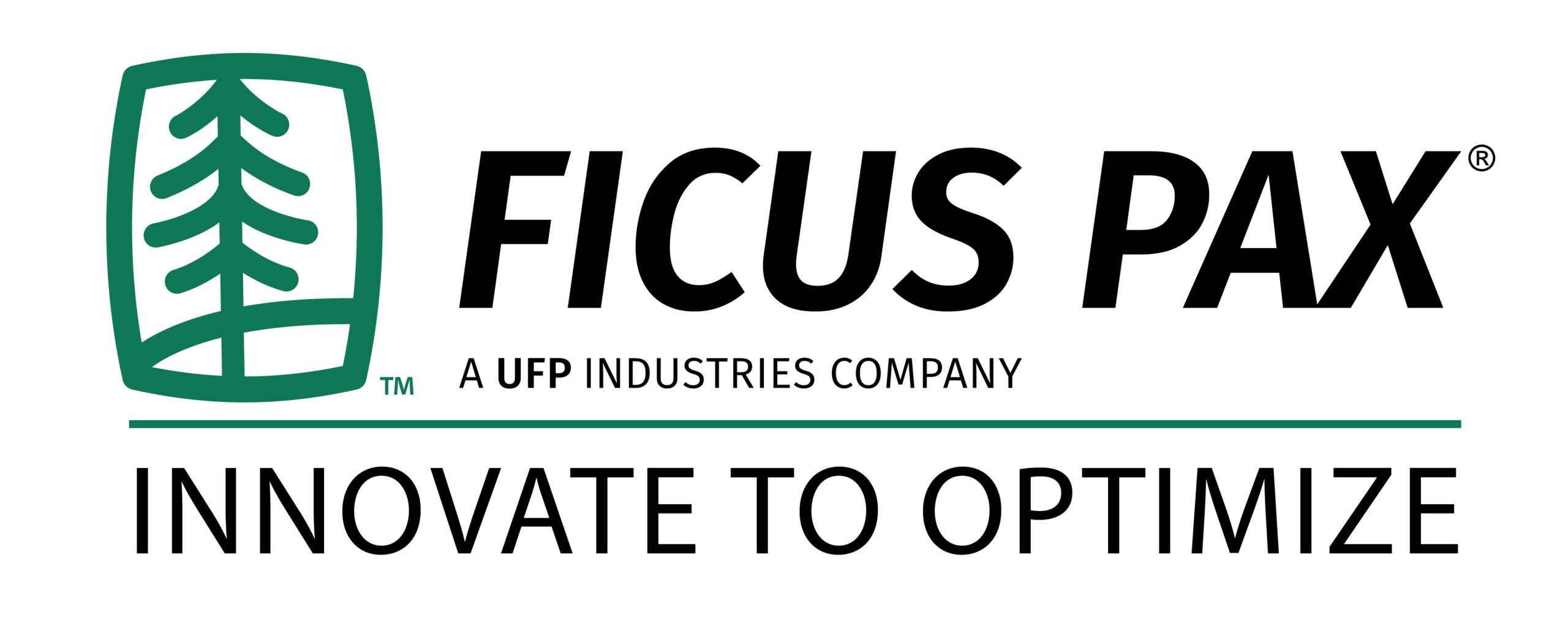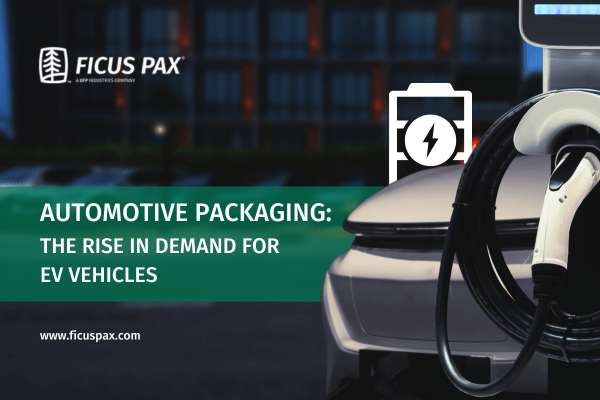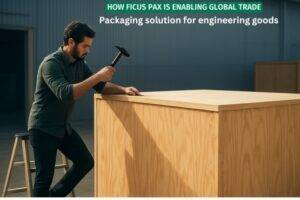As electric vehicles (EVs) reshape the automotive landscape, the demand for innovative and reliable automotive packaging solutions is rising rapidly. EV components like high-voltage batteries and electric motors require specialized, secure, and often temperature-controlled packaging to ensure safety during transportation. Traditional packaging no longer meets the unique requirements of EVs, making customized and sustainable packaging essential. With increasing global adoption and government support for EVs, the automotive industry packaging must adapt quickly. Companies like Ficus Pax are leading the way by offering tailored battery packaging and automotive parts packaging solutions that support the evolving needs of the electric vehicle market.
Why Electric Vehicles Are Driving Packaging Innovation
The automotive industry is undergoing a dramatic shift as electric vehicles (EVs) rapidly gain momentum. With the global EV market projected to soar from USD 162.34 billion in 2019 to USD 802.81 billion by 2027, this surge in demand is reshaping supply chains—particularly in the automotive packaging industry. In India alone, the EV sector is booming, expected to grow from USD 7.2 billion in 2020 to USD 68 billion by 2025, largely fueled by government incentives, infrastructure developments, and rising environmental awareness.
As the market expands, companies specializing in automotive packaging solutions are experiencing increasing demand for advanced, sustainable, and customized packaging designed specifically for electric vehicles.
Key Factors Fueling EV Adoption
Several factors are behind the accelerated adoption of EVs and the growing need for electric vehicle packaging solutions:
Environmental Awareness
Consumers are more conscious of the impact of internal combustion engine (ICE) vehicles. EVs offer a cleaner, greener alternative, emitting zero tailpipe pollutants.
Government Policies & Incentives
Governments across the globe are rolling out subsidies, tax benefits, and infrastructure investments to support EV adoption, indirectly increasing the demand for sustainable packaging.
Advancements in Battery Technology
New battery designs offer longer range and faster charging—yet require secure and specialized battery packaging during transit to avoid hazards.
Lower Operational Costs
EVs offer reduced maintenance and fuel costs, further appealing to both consumers and fleet operators.
As these trends converge, there’s an urgent demand for robust automotive parts packaging solutions to ensure safe, efficient transport.
Unique Packaging Needs of Electric Vehicles
Battery Safety & Protection
The most critical component of an EV is its high-voltage battery. Safe and durable battery packaging is non-negotiable. Using padded containers, temperature-controlled solutions, and shock-absorbent materials is essential to minimize risks.
Customization Based on Vehicle Size
Unlike conventional cars, EVs often weigh more and have different center-of-gravity considerations. Effective automotive packaging solutions require tailored designs for each vehicle’s shape and size.
Compliance & Documentation
Regulatory compliance is a key factor in the packaging automotive industry. Proper documentation—including instructions for handling, weight management, and transport labeling—must be provided.
Temperature Control in Transit
EV batteries are sensitive to temperature fluctuations. This necessitates temperature-regulated packaging of cars and components to maintain performance and safety standards during long-distance shipping.
How Ficus Pax Delivers Expert EV Packaging Solutions
At Ficus Pax we understand the evolving dynamics of the EV industry and provide automotive packaging tailored to the needs of electric mobility. From custom packaging to sustainable, durable packaging for motors and components, we ensure compliance, efficiency, and protection every step of the way.
Our packaging solutions are designed with precision to safeguard electric vehicles during transit—ensuring they arrive safely and damage-free.














